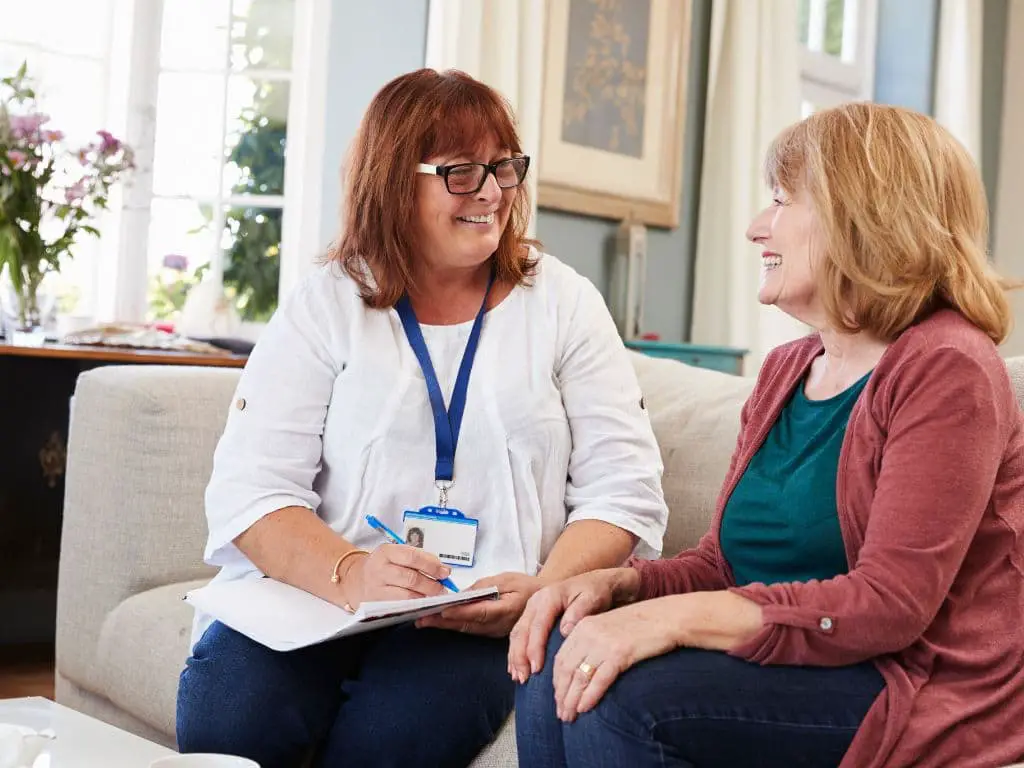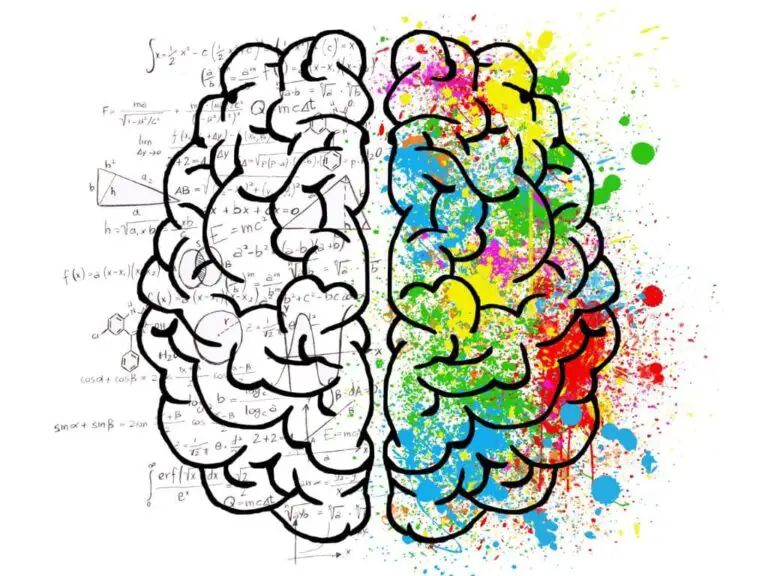What is Counseling for Elderly People?
Counseling for elderly people is extremely important in today’s society. As the population ages, there is an increasing need to provide mental health services tailored specifically to the needs of older adults. Counseling can provide immense benefits for the emotional, mental, and social well-being of seniors.
Counseling for elderly people is a specialized form of mental health service aimed at supporting the emotional, mental, and social well-being of individuals around 65 years and older. It provides elderly individuals with coping strategies for dealing with challenges like grief and loss, diseases like dementia and Alzheimer’s, loneliness, depression, and anxiety. Through various counseling approaches, resources, and support, elderly counseling enhances seniors’ cognitive abilities, helps manage mood disorders, reduces stresses associated with chronic pain, and fosters social connection, helping them to age with wisdom, dignity, and mental well-being.

The relevance of counseling cannot be understated given the multitude of challenges elderly people face. From grieving over the loss of loved ones to coping with diseases like dementia and Alzheimer’s, professional counseling gives seniors the tools to process difficult experiences. It can also connect them to critical social support systems.
What are the Benefits of Counseling for Elderly People?
Counseling provides a wealth of advantages that enhance the lives of elderly individuals in various ways:
Emotional Health Effects
- Allows healthy expression of difficult emotions like grief, sadness, anxiety, etc.
- Helps seniors process trauma, loss, and major life changes
- Provides outlet to combat loneliness and isolation
- Boosts self-esteem and self-worth
Mental Health Benefits
- Enhances cognitive abilities and memory
- Delays onset and progression of dementia
- Develops coping strategies for living with Alzheimer’s
- Manages symptoms of depression and mood disorders
Chronic Pain Management through Counseling
- Lowers pain levels by reducing stress and anxiety
- Teaches relaxation techniques like meditation, deep breathing
- Boosts mobility through gentle exercises like yoga, tai chi
- Fosters better sleep and increases energy levels
Increases Social Support
- Encourages community engagement and socializing
- Provides access to support groups and networks
- Enhances communication and relationships with family
- Reduces isolation through interaction and companionship
Who are the Recipients of Elderly Counseling?
Elderly counseling serves the needs of:
- Elderly People
- Seniors
- Retirees
- Older adults
- Golden Agers
- Silver Linings
- Third Age
- Fourth Age
These terms all refer to individuals approximately 65 years and older who are in the later stages of life. Retirement, physical decline, and increased dependency are common experiences. Counseling helps seniors in this age group thrive by supporting their unique requirements.
What are Some Common Challenges Faced by Elderly People?
Elderly individuals encounter myriad issues spanning mental, emotional and physical health:
Mental Health Disorders in Elderly
- Alzheimer’s disease
- Dementia
- Parkinson’s disease
- Stroke
Emotional Health Concerns in Elderly
- Loneliness
- Grief
- Anxiety
- Depression
- Low self-esteem
Physical Health Issues
- Chronic pain
- Reduced mobility
- Declining sensory abilities
- Multiple comorbid conditions
- Increased risk of falls and fractures
These challenges can severely impact quality of life. Counseling aims to equip seniors with effective strategies to either prevent or manage such issues.
How can Counseling Help Elderly People Cope with these Challenges?
Counseling approaches that benefit the elderly include:
Grief Counseling
- Provides support for bereavement and loss
- Allows healthy expression of grief
- Fosters acceptance and healing
End-of-Life Planning
- Encourages discussions about end-of-life choices
- Helps finalize legal documents and wills
- Offers perspective on finding meaning and closure
Dealing with Dementia, Alzheimer’s and Parkinson’s Diseases
- Teaches coping techniques to manage symptoms
- Provides cognitive exercises to delay progression
- Offers stress management to ease anxiety
- Connects caregivers to support networks
What are Some Resources Available for Elderly People who are Seeking Counseling?
Seniors have various options to access counseling services:
Resources for Mental Health Services
- Psychologists
- Psychiatrists
- Therapists
- Hospital programs
- Community clinics
Resources for Emotional Health Support
- Support groups
- Telephone hotlines
- Online forums and chats
Social Support Networks for Elderly
- Senior centers
- Adult day care programs
- Nursing homes
- Faith-based organizations
- Retirement communities
Tips to Find the Right Counselor
- Get referrals from healthcare providers
- Check credentials and specializations
- Have an introductory session
- Consider gender, age, and cultural preferences
What are the Signs an Elderly Person may need Counseling?
Look out for these signs that indicate a need for professional counseling:
Recognizing Early Signs of Mental Health Disorders
- Memory lapses beyond normal age-related decline
- Impaired decision-making and judgment
- Changes in mood like depression or anxiety
- Withdrawal from social activities
When Emotional Health Concerns Require Support
- Expressing grief, sadness or loneliness persistently
- Talking about feeling worthless or like a burden
- Discussing meaninglessness or suicidal thoughts
Signs of Need for Social Support
- Loss of loved ones or retirement leading to isolation
- Lack of interaction with family or community
- Difficulty performing daily activities independently
How can Family Members and Friends Support an Elderly Person who is Seeking Counseling?
Loved ones play a key role in encouraging seniors to access counseling services:
Family and Caregiver Support Roles
- Have candid but caring conversations about getting help
- Assist in finding providers covered by insurance
- Provide transportation to and from appointments
- Share insights with counselor to enhance care
Building a Supportive Environment
- Be patient and avoid dictating pace of counseling
- Celebrate progress and milestones in treatment
- Maintain stable routines to ease anxiety
- Create opportunities for social engagement
Necessity of Encouragement and Understanding from Loved Ones
- Listen without judgement and offer reassurance
- Emphasize that reaching out is a sign of strength
- Remind them that professional help is confidential
- Avoid trivializing or dismissing concerns
Conclusion
As people live longer, there is an urgent need to expand elderly counseling services. Counseling allows seniors to process challenges, enhances emotional resilience, and fosters social connectedness. With support from loved ones and access to resources, the elderly can age with wisdom, dignity, and mental well-being.
Raising awareness about the benefits of counseling for the aging population will encourage more seniors to seek help. Ensuring adequate funding and policy provisions for elder care programs is also essential. With an empathetic, inclusive and holistic approach, we can enrich the lives of older adults through counseling.






